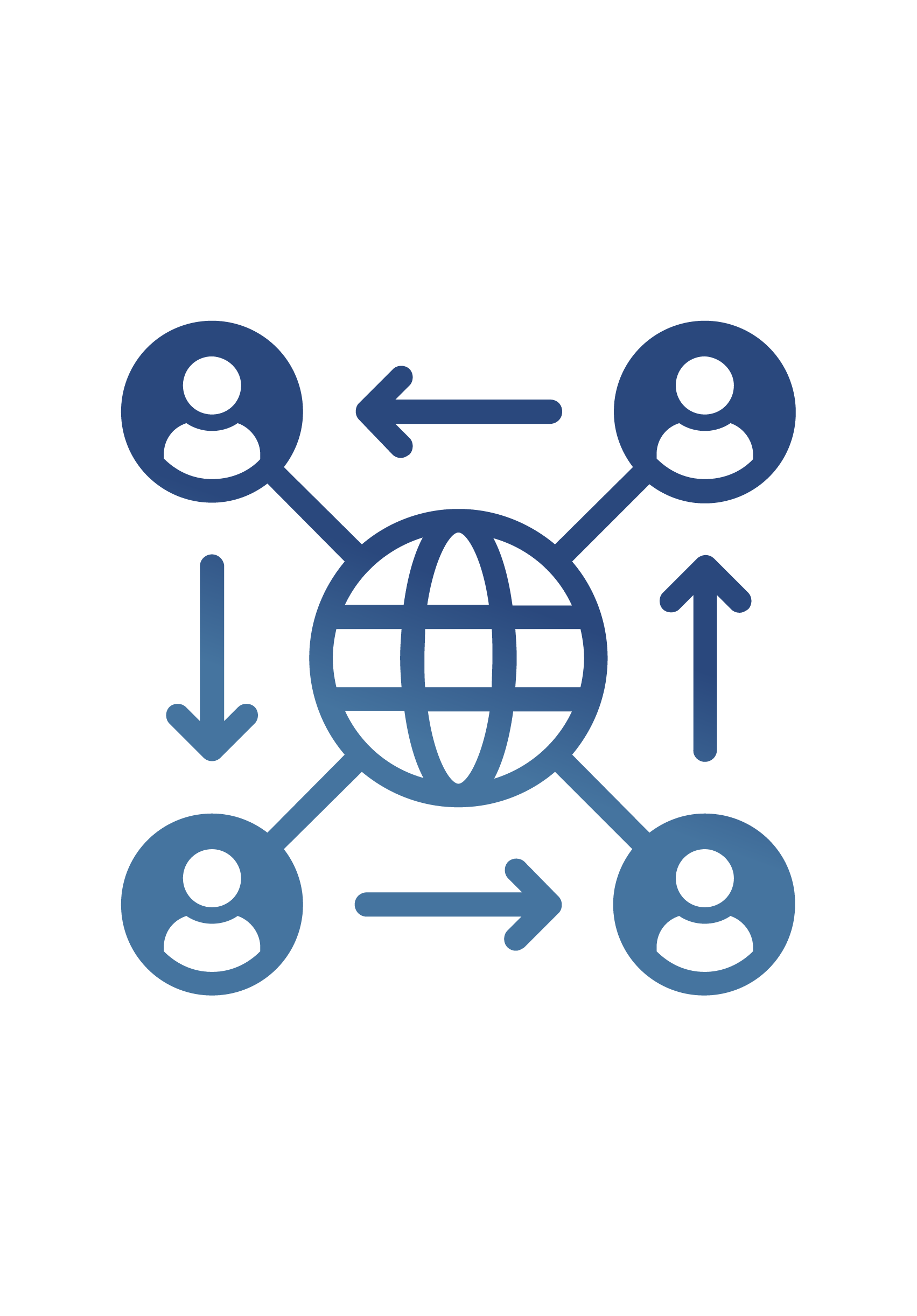SCIDIS BACKGROUND
Science has stopped being the realm of scientists to become a public good. Efforts made by scientists and institutions to approach science to citizens, boosted by technological affordances, have given way to a myriad of digital practices, most of which involve processes of social, discoursal, generic and multimodal recontextualization.

Scientists and the research groups and projects in which they participate are required to communicate and disseminate their findings in varied contexts among different agents and varied audiences. The affordances of digital platforms guarantee global transfer of results, contributing to the scientific, societal and economic impact demanded from research and innovation investment. This dissemination involves the transformation of disciplinary (expert) knowledge to make it accessible, understood and accepted by multiple audiences. Such processes of recontextualisation, which take place both at a cognitive and social level, deserve further analysis.
The study of science dissemination digital practices and the recontextualisation processes associated to them clearly asks for re-thinking existing research methods and analytical tools to better cater for the complex and dynamic nature of the object of study. The combination of existing methodological perspectives to explore science dissemination digital practices, in constant evolution, is called for. Central for the study of these practices is digitally-mediated discourse analysis, together with genre studies, corpus linguistics, pragmatics and, necessarily, multimodality. These well-established methods are certainly proving to be very helpful to explore the use of effective verbal and non-verbal discoursal and cognitive strategies to recontextualise and adapt scientific expert communication addressed to non-experts.
